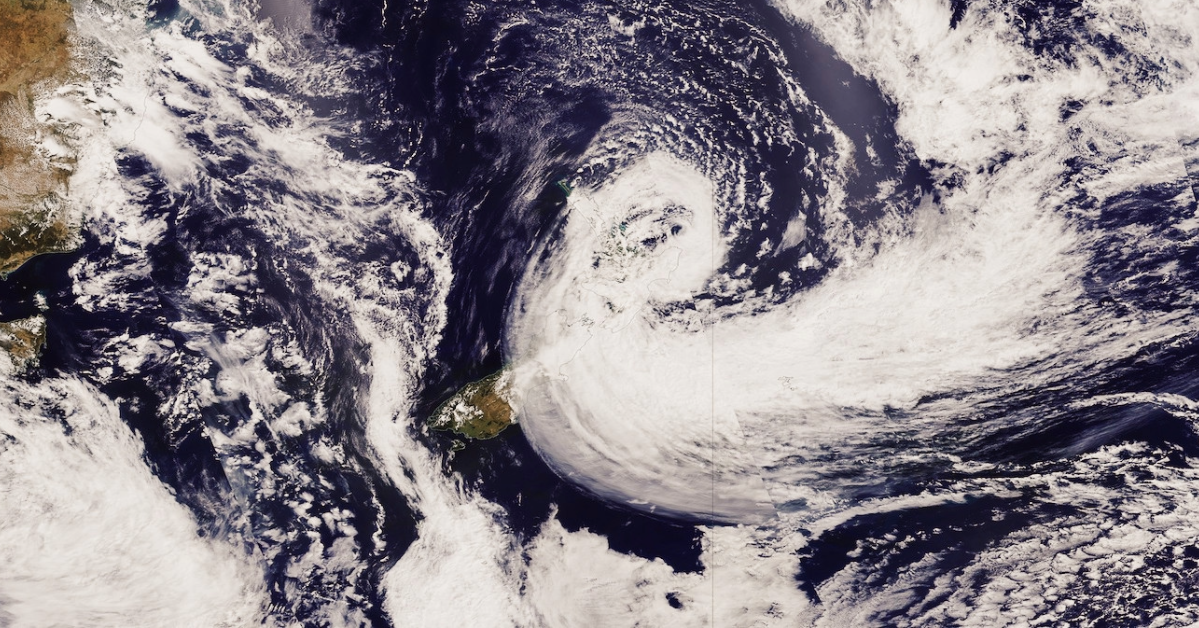Within hours of Cyclone Gabrielle making landfall, Hāpaitia, the Anglican Cyclone Gabrielle Response Group, exercised its leadership. The group worked to whakamana – acknowledge, uplift, maintain and restore the mana and tapu of others – the hardest hit communities.
Within days aid in various forms was coordinated and distributed to those who needed it most. The success of this group becomes even more evident in light of the scathing review of the Civil Defence’s response to Cyclone Gabrielle.
The review, authored by ex-police commissioner Mike Bush, criticised Civil Defence’s leadership, lack of preparation and lack of engagement with iwi Māori, hapu, marae or Māori organisations. Check out some of the responses to the review here and here
Bush’s review details opportunities missed and the high price that was paid for it. Getting disaster leadership right is an urgent issue as climate change increases the likelihood of severe weather events. Until we lead differently the outcome won’t change. Hāpaitia offers a model of mātauranga-grounded leadership that focuses on the flourishing of all people.
Hāpaitia met regularly – daily initially – to provide nimble and responsive leadership from the Church. Though the members of the group were diverse, bringing their unique skills, experience and viewpoints, a commitment was made to prioritise mātauranga-grounded leadership. It was decided unanimously to trust that on the ground iwi and hāpu were the hāhi and could respond most effectively.
“In a dynamic situation, we trusted that communities needed what they said they needed, and we responded as requested, rather than burdening them with paperwork and process.” Archbishop Don Tamihere.
